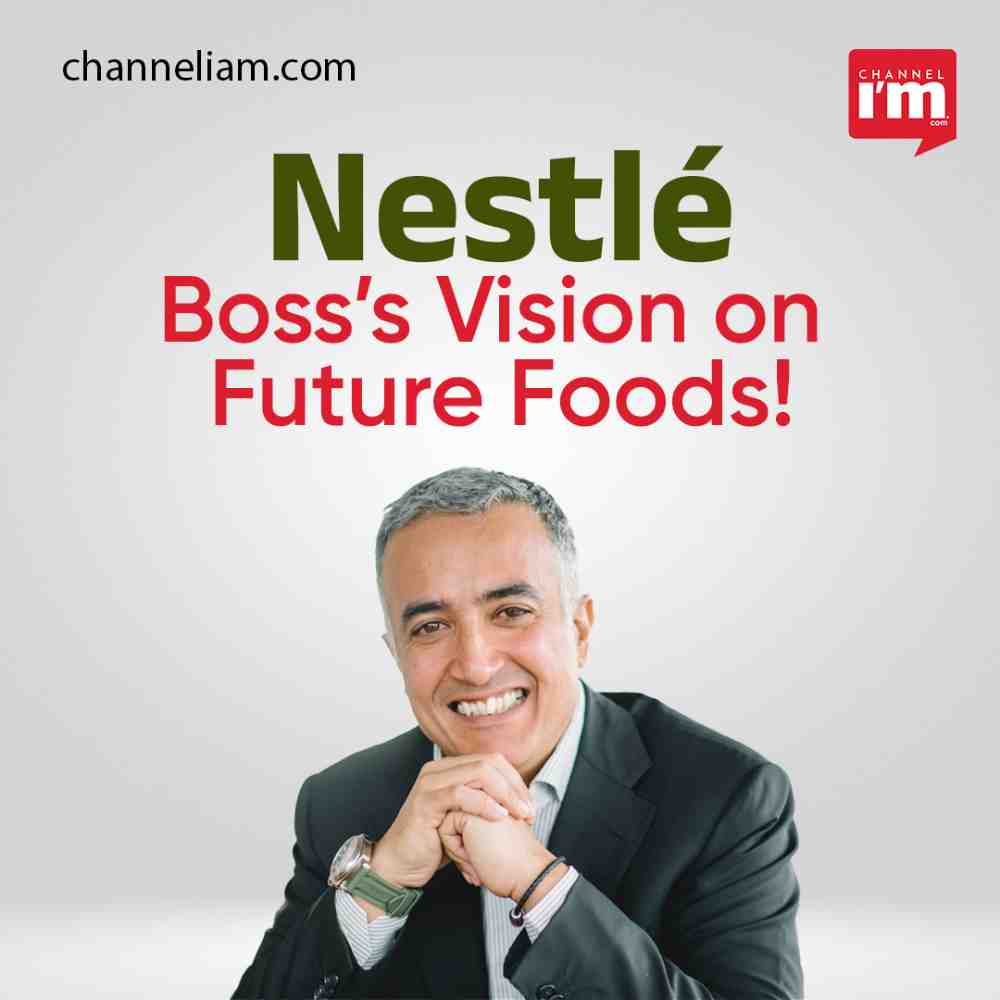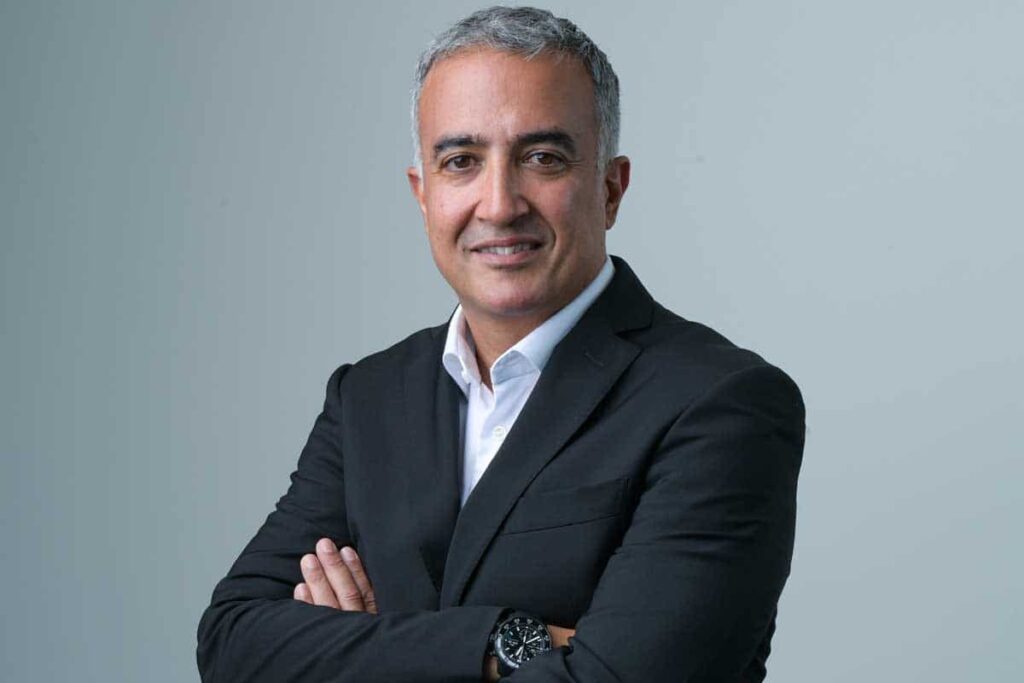Nestlé CEO Yasser Abdul Malak’s Vision for Innovation and Growth in MENA
Nestlé’s Chairman and CEO for the Middle East and North Africa (MENA) region, Yasser Abdul Malak, recently shared his insights and strategies for managing the global food giant. In his first public interview since taking the helm in January 2022, Abdul Malak highlighted Nestlé’s commitment to innovation, adaptation to changing consumer behaviors, and its focus on proximity to consumers and sustainability. Let’s delve into his vision and initiatives.

Adapting to Changing Consumer Habits
Abdul Malak recognizes that the Middle East is experiencing rapid changes in consumer habits, influenced by factors such as increased workforce participation, limited time, and a growing demand for convenience. To stay relevant, Nestlé has shifted its approach, tailoring campaigns and products to specific countries, acknowledging that one-size-fits-all strategies no longer work.
Empowering Local Decision-Making
To meet the evolving needs of consumers across the region, Nestlé has empowered local leaders to make quick decisions. Agility, speed, and efficient decision-making have become focal points in the company’s strategy, ensuring that it remains responsive to changing market dynamics.
Collaborating with Governments
Abdul Malak emphasizes Nestlé’s role in working with governments across the region to align with their visions and strategies for their countries. This collaboration reflects the company’s belief in leveraging its size and influence to contribute positively to the communities it serves.
Innovation in a Behemoth
Nestlé’s global prominence comes with both advantages and challenges. The company’s long history and extensive portfolio could lead to complacency, but Abdul Malak is determined to embrace innovation and disrupt the status quo. Speed and agility are paramount, and Nestlé is actively working to streamline its decision-making processes and promote a culture of efficiency.

Shortening the Innovation Cycle
Innovation cycles at Nestlé have significantly shortened, with the company now taking just six months to bring an idea to store shelves. This rapid pace is essential in today’s competitive market, where consumers expect new and exciting products more frequently.
Embracing Startups as Enablers
Nestlé is not viewing startups as competitors but rather as enablers. Collaborating with small disruptive companies allows Nestlé to tap into innovative ideas and technologies, reinforcing its commitment to staying at the forefront of the industry.
Navigating Challenges
Abdul Malak acknowledges the economic and social challenges that have marked the past several years in the Middle East. Still, he remains optimistic about the region’s potential for growth and innovation. He believes that adaptability and resilience are key qualities in navigating these challenges successfully.
Prioritizing Local Supply and Sustainability
Nestlé’s response to the global supply chain disruptions caused by the pandemic has sharpened its focus on local supply and food security. This strategy aligns with the growing trend of sustainability in the region, where consumers are gradually recognizing the importance of environmentally friendly practices.
The Future of Food
Abdul Malak envisions a future where ultra-convenience plays a pivotal role in food consumption. With the Middle East’s increasing demand for on-the-go options, Nestlé aims to provide convenient, culturally respectful solutions. Moreover, liquid food, such as breakfast in a drink, is expected to gain popularity, aligning with the region’s emphasis on healthier snacking and wellness.
Diversity and Inclusion
Nestlé places a strong emphasis on diversity and inclusion, reflecting the multicultural nature of the Middle East. The company is actively working to increase gender representation in leadership roles, with a goal of reaching 40% to 50%. Nestlé’s diverse workforce, composed of 77 nationalities and over 30 languages, is a testament to its commitment to inclusivity.
Adapting to the Changing Workplace
The workplace is evolving in response to demographic changes and shifting employee expectations. Nestlé has embraced flexible working hours and plans to redesign its offices to cater to the needs of a more dynamic workforce.
The Path Forward
As Nestlé continues to serve households across the Middle East and beyond, Abdul Malak remains cautiously optimistic about the region’s immense potential. With a population projected to exceed 700 million by 2050, there is a vast market to cater to. Nestlé’s commitment to innovation, sustainability, and adaptability positions it well to meet the ever-changing demands of consumers in the Middle East and beyond.
In a rapidly evolving landscape, Nestlé under Yasser Abdul Malak’s leadership is poised to disrupt and lead in the food industry, ensuring that the company remains not just in every household but potentially in every car, reflecting the dynamic nature of the region.
